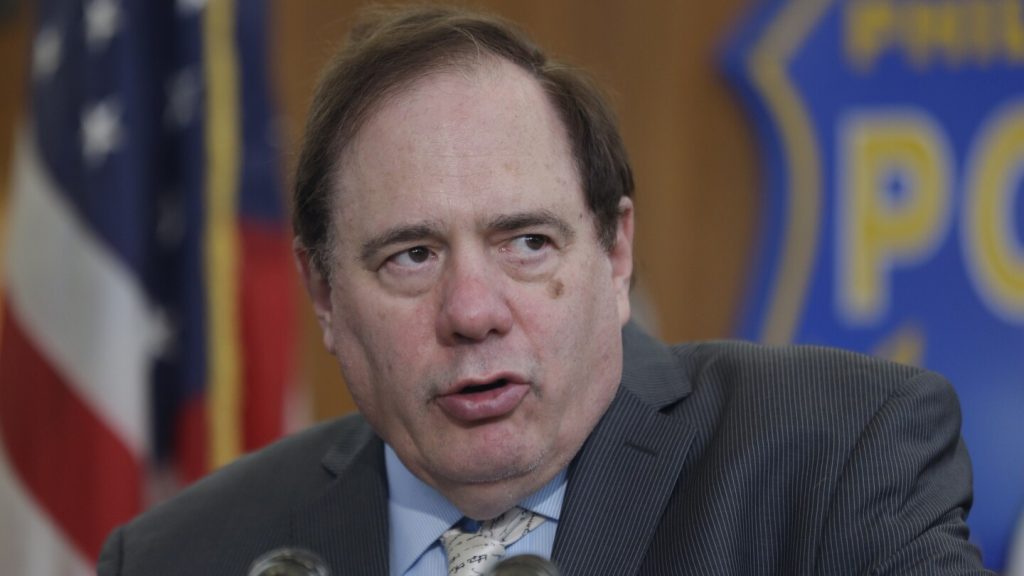The Court of Judicial Discipline in Pennsylvania has suspended Philadelphia family court judge Mark B. Cohen without pay for the last three months of his time on the bench due to politically charged social media posts. The court found that Cohen’s actions of repeatedly posting items on the internet reflecting his political views violated behavioral standards for jurists, even after being warned not to do so. Cohen, a former Democratic state representative, was faulted for his blog posts about public issues that were revised to end endorsements of candidates when he became a judge over six years ago. Cohen’s lawyer, Sam Stretton, plans to appeal the decision to the state Supreme Court, citing Cohen’s right to speak out in a reserved manner as long as he does not discuss cases in his courthouse.
In an opinion issued in May, the court detailed numerous Facebook posts made by Judge Cohen, including statements praising President Joe Biden, expressing support for Philadelphia District Attorney Larry Krasner’s tactics in an impeachment proceeding, and calling for more domestic spending and less military spending. The court emphasized that as a judge representing all judges in Pennsylvania, Cohen has a duty to refrain from causing the public to question whether judges act on such strong beliefs as those he expresses on social media. Despite the suspension, Cohen’s time as a judge will come to an end on December 31 due to reaching the age limit for judges at 75 years old.
The decision to suspend Judge Cohen raises questions about the balance between a judge’s freedom of speech and the ethical standards expected of those in the judiciary. While Stretton argues that judges should be able to speak out on public issues as long as they do not interfere with their duties in the courtroom, the court found that Cohen’s political posts crossed a line by creating doubt about judges’ impartiality. This case highlights the challenges faced by judges in the age of social media, where personal opinions can quickly become public and potentially impact the perception of judicial independence.
Social media is increasingly becoming a battleground for judges, who must navigate the fine line between expressing their views as private citizens and upholding the impartiality and integrity of the judiciary. The case of Judge Cohen serves as a cautionary tale for judges about the potential consequences of using social media to voice political opinions, even if done in a seemingly innocuous manner. As judges are held to high ethical standards, they must exercise discretion and restraint when engaging in online discourse to ensure public confidence in the judiciary remains intact.
Moving forward, the case of Judge Cohen could prompt a reevaluation of guidelines and regulations governing judges’ use of social media in Pennsylvania and across the country. As social media continues to play a significant role in shaping public discourse and opinion, judges must be mindful of the impact their online activities can have on their professional reputation and the perception of the judicial system as a whole. By striking a balance between free speech rights and ethical responsibilities, judges can uphold the integrity and impartiality of the judiciary while navigating the complex landscape of social media in the digital age.














